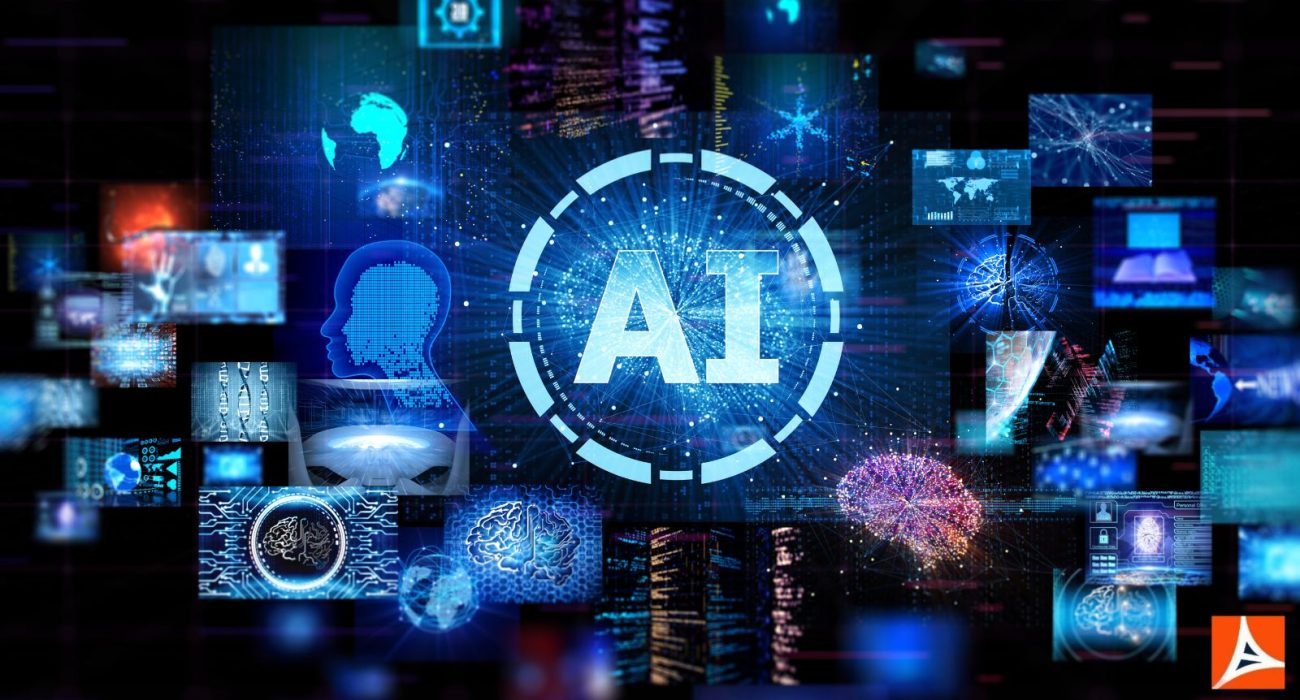Moving to Israel is a great time to rethink your career. Do you love what you do? Do you want to continue it as is or tweak it a bit? Perhaps you want to go in a totally new direction? Whatever you decide, don’t ignore the changes in the world of work brought about by the AI revolution. Some careers are on their way out while others are becoming more necessary.
Best jobs for the AI era
Roles that combine human judgment and AI tools are experiencing a growth in Israel and around the world. These include:
- AI product manager – figuring out what users need, translating that into technical goals for developers and guiding the product from concept to launch
- AI workflow designer – designing the processes that combine human expertise and AI automation
- AI auditor – reviewing algorithms and data practices to ensure that AI systems are accurate, unbiased, transparent and compliant with regulations
AI runs on infrastructure, so the people who build, train and govern it are more in demand.
- Machine learning engineers / MLOps specialists – Building, training and maintaining the AI models
- AI security and safety professionals – Protecting AI systems from hackers and errors
- Data infrastructure engineers – Designing and managing the pipelines that feed clean, reliable data into AI systems so they can learn and perform accurately
- AI policy and compliance experts – Creating and enforcing the rules that ensure AI is used responsibly and legally
Some jobs just can’t be outsourced to AI, since they rely on the human touch. Those careers aren’t going anywhere anytime soon. Examples are:
- Therapists
- Coaches
- Mediators
- Teachers
- Creative strategists
- Healthcare professionals
Skilled trades are also not going anywhere anytime soon, although AI may provide them with tools that make their jobs easier. Some good trade jobs are:
- Plumbing
- Appliance repair
- Construction
And then there are jobs that haven’t been taken over by AI just yet, but are now being done very much in collaboration with AI, such as:
- Writers – AI helps brainstorm ideas, outline articles and polish drafts
- Designers – AI generates quick visual concepts, resizes and adapt layouts for multiple platforms, and experiments with colors, textures and styles at lightning speed
- Filmmakers – Script analysis and shot planning, editing and visual effects can all be done with AI
- Storytellers – AI tests how audiences react to different narratives, generates alternative storylines and crafts interactive or personalized experiences
Jobs that are disappearing because of AI
When considering what job will fit in with your post-aliyah lifestyle, keep in mind that these roles are on their way out due to the ease with which they can be done by machines:
- Data entry – AI captures and organizes information far faster and more accurately than humans
- Transcription – Speech-to-text algorithms now convert audio to written text in real time with near-perfect accuracy
- Bookkeeping – Automated accounting software uses AI to categorize expenses, reconcile accounts and generate reports without human input
- Paralegals – AI tools can scan and summarize legal documents and case law in seconds
- Customer support – Chatbots and virtual assistants answer routine questions 24/7
- Copywriting – Generative AI produces clear, on-brand marketing text instantly
- SEO – Search-optimized content can now be generated, analyzed and updated automatically
- Translation – Advanced language models translate text with high fluency and accuracy
- Cashiers – Self-checkout kiosks and mobile payment apps let customers handle transactions without human assistance
It’s true that the human touch is still needed in these professions for now, but these jobs might not be a great long-term career choice as AI gets more sophisticated and needs less oversight.
Success in the AI era depends less on memorizing a specific skill and more on developing a flexible, curious mind. That includes building AI literacy – not necessarily learning to code, but understanding what AI can and can’t do. It also means nurturing creativity and critical thinking, qualities that it will take a long time for machines to be able to replicate, if ever.
If you’ve moved to Israel for a new life, why not make it a new kind of career too? The future belongs to those who can reinvent – and there’s no better place to do that than the land of constant reinvention. Just don’t forget to take into account whether AI can do your job better than you can.

